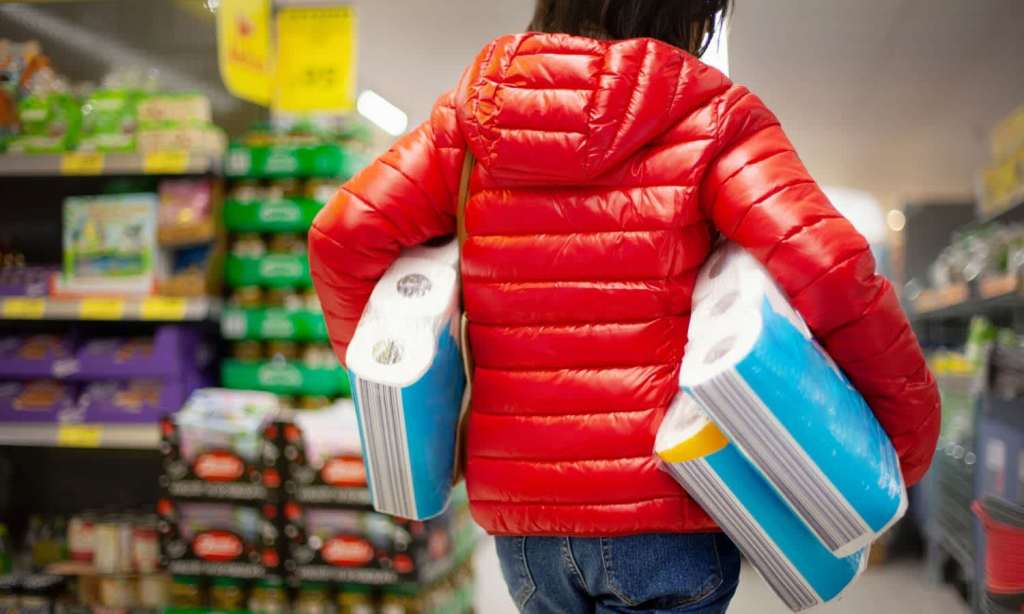The psychology behind panic buying is going to be the subject of a new study by researchers at the University of Sunshine Coast.
In the early days of COVID-19 being present in Australia, shoppers whipped into a buying frenzy for items like toilet paper and pasta. With collective anxiety running at an all-time high, people even came to physical blows with others over household items.
This study out of Queensland will be “focused on understanding the complex behavioural triggers that have prompted people to buy certain products in preparation for life in lockdown.”
According to Dr. Jacob Keech, co-researcher on the study, this research will hopefully provide some helpful reasoning behind the phenomena.
“We’ve heard all sorts of different reasons why people have engaged in buying bulk toilet paper or more pasta than they really need,” Dr Keech said.
“Early on in the pandemic, the Prime Minister was even criticising people for that behaviour.
“While the message was perhaps warranted, it is unlikely to be a helpful way to get people to change their behaviour.”
The study will also investigate how demographic differences and psychological factors are associated with the behaviour of hoarding.
To take part in the study, you simply have to live in Australia, be over the age of 18 and regularly purchase food or household items from the supermarket. All data collected will be kept anonymous as well.
“We’re not looking to only sample those who identify as panic buyers, we hope to receive responses from a broad range of people, as we imagine that many regular shoppers have changed their purchasing behaviour since the pandemic was declared,” Dr Keech said.
“We hope that by getting a large set of responses we’ll be able to measure a range of demographic information and see patterns of both differences and similarities in people’s reasons for particular buying behaviours.”
If you’d like to participate in the study, entitled ‘Is it time to stock up? A study on why people buy certain products during the COVID-19 pandemic’ can be accessed via the USC website.
The current health crisis is evolving rapidly. If you suspect you or a family member has coronavirus you should call (not visit) your GP or ring the national Coronavirus Health Information Hotline on 1800 020 080.







